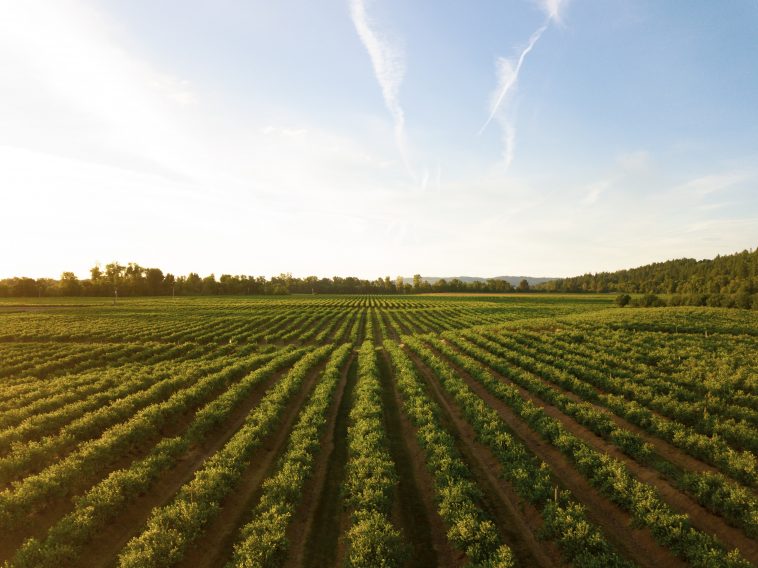Do you have a new idea that helps farmers and other people involved in agriculture in low- and middle-income countries build the skills they need to deal with climate change?
The Agricultural Innovation for Climate Resilience Program (AICR), which is a partnership between the World Food Programme Innovation Accelerator and the Deutsche Gesellschaft für Internationale Zusammenarbeit GmbH (GIZ) and its Fund for the Promotion of Innovation in Agriculture (i4Ag), is looking for innovative solutions that can be scaled up and help farmers and other people involved in agriculture build their capacity (LMICs).
These solutions would be based on one or more of the following priorities:
- Innovations that save space.
- Innovations that save soil.
- Innovations that save water.
- Solutions that use renewable energy.
Eligibility
- Only countries in Mali, Burkina Faso, Niger, Nigeria, Cameroon, Togo, South Sudan, Ethiopia, Somalia, Kenya, Uganda, Zambia, Malawi, and Madagascar are eligible (for-profit or social enterprise)
- The applicant organization must have a national office or other permanent presence in the implementing country and be locally established there.
- Your idea solves one or more of the biggest problems in agriculture and the food industry in any affected countries caused by climate change.
- Your idea must be at the Proof of Concept (POC) or Minimum Viable Product (MVP) stage, with a proven prototype and commercial value.
- The solution requires a dedicated founding team of at least 5 full-time personnel.
- Applicants must show that users or customers have validated the value proposition.
- Businesses should work to ensure they have a clear path to making money (business model fit).
- Solutions should contain a feasible implementation strategy as part of the 6- to 9-month Sprint cycle.
- Innovations should change or make new habits that help with one or more of the following: food security, job and income creation, climate resilience, and protection of natural resources.
- Innovations should change or create new habits that help with one or more of the following: food security, job and income creation, climate resilience, and protecting natural resources.
- New solutions should help small farmers, companies that process food, small and medium-sized businesses, consumers, young people, and women.
- Ventures should show that they are diverse, non-discriminatory, and have an equal number of men and women on the team. They should also be able to describe the team’s vision.
 We just launched our WhatsApp channel. Want to get the latest news from the Tech in Africa?
We just launched our WhatsApp channel. Want to get the latest news from the Tech in Africa?


